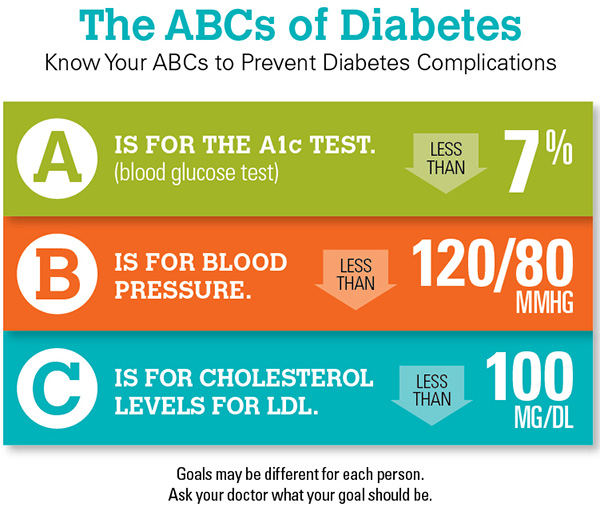Diabetes increases risk for heart disease


If you have diabetes, there’s a good chance that heart disease may be in your future unless you take aggressive action to prevent it.
Having diabetes has been called a coronary artery disease equivalent. This means that your risk for suffering a heart attack in the future is similar to the risk of someone without diabetes who has had a prior heart attack.
Need help managing your blood pressure or cholesterol? Call 800.922.0000 to schedule an appointment with one of our cardiologists for an evaluation.
Diabetes causes damage to the cells that line our arteries, leading to the development of inflammation and cholesterol plaques. Diabetes also damages the kidneys, leading to the development of high blood pressure, which further promotes plaque growth in the arteries. In the coronary arteries that feed blood to the heart, these plaques cause blockages that result in heart attacks as well as chest pain and shortness of breath. In the leg arteries, these blockages may lead to pain when walking, wounds, poor healing and even amputation.
High blood sugar from diabetes also causes neuropathy or damage to the nerves. As a result, you may be less likely to feel the typical symptoms of a heart attack like chest pain. Instead, a person with diabetes is more likely to experience atypical symptoms such as shortness of breath, nausea or sudden vomiting, lightheadedness and sweating.
You should go to the emergency room immediately if you experience these symptoms.
The good news is that heart disease risk can be controlled with careful management of blood sugars and other risk factors.
Blood sugars, cholesterol, and blood pressure all need to be treated more aggressively in people with diabetes. Symptoms that may indicate heart disease should be taken very seriously and investigated thoroughly for those with diabetes. While you may not be able to eliminate your risk for heart disease, you can significantly slow the progression. With tight control over blood sugars, you may be able to reduce your risk for heart disease by several fold.
There are a number of steps you can take to control diabetes.
Studies have shown that diet and exercise are the most important factors in prolonging the lives of people with diabetes. Exercise helps keep your blood sugar under control, reduces blood pressure and cholesterol, and reduces your reliance on medications. In addition, several new types of diabetes medications have been shown specifically to reduce the risk of heart failure. Anything you can do to improve diabetes management will also help you reduce your risk for heart and vascular disease.
These include:
- Eat a heart-healthy diet that is high in fiber and low in saturated fat, cholesterol and trans fat
- Exercise for at least 30 minutes, five or more days a week
- Lose weight. Try to achieve a waist circumference that is less than 40 inches for men and 35 inches for women
- If you smoke, quit
- Ask your doctor if you should take a daily aspirin
- Take all your medications per your doctor’s instructions





